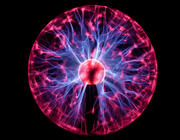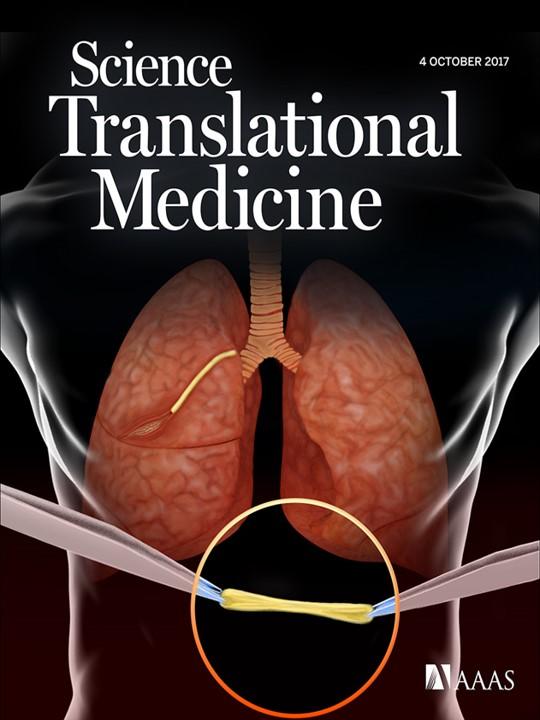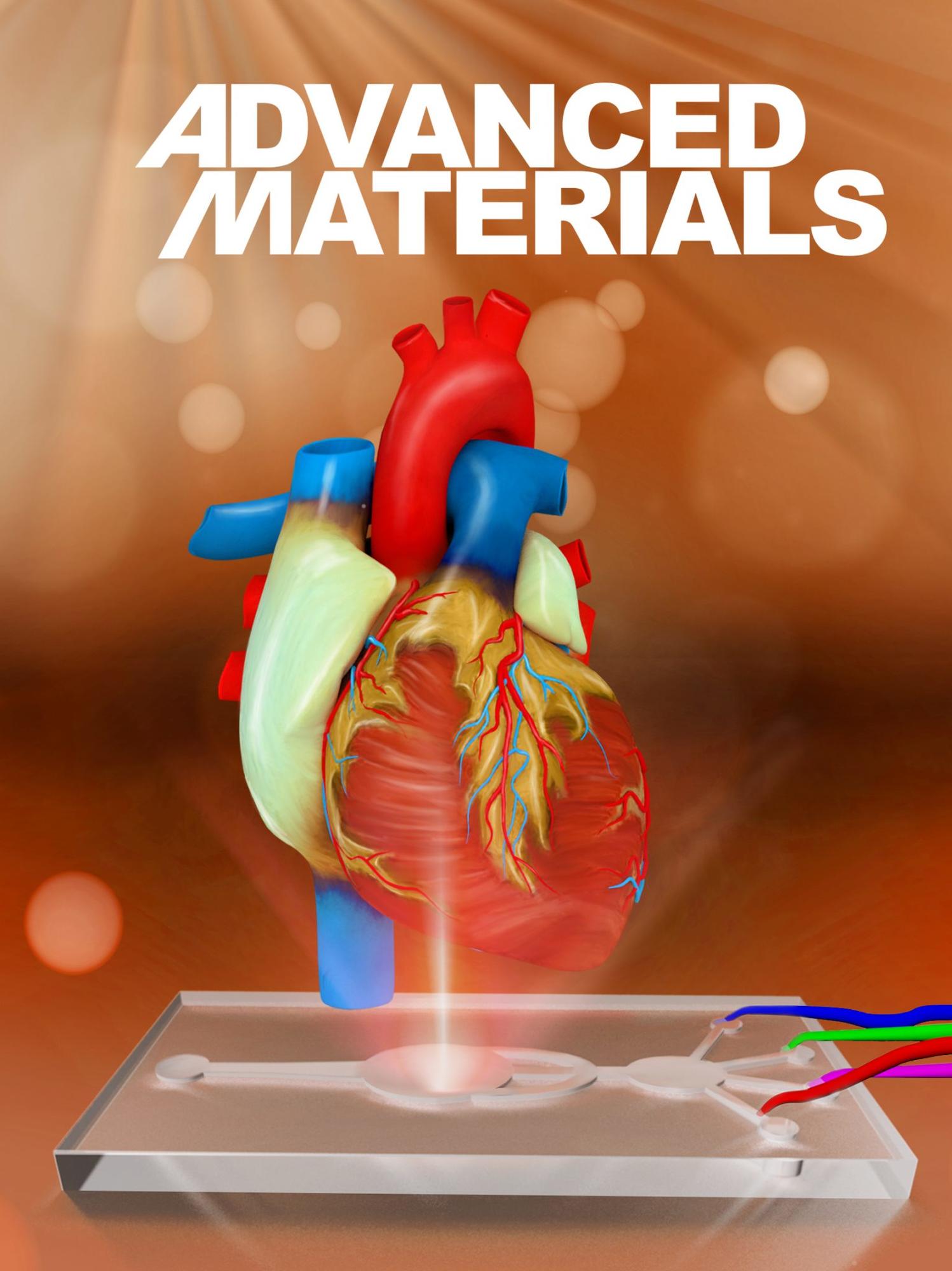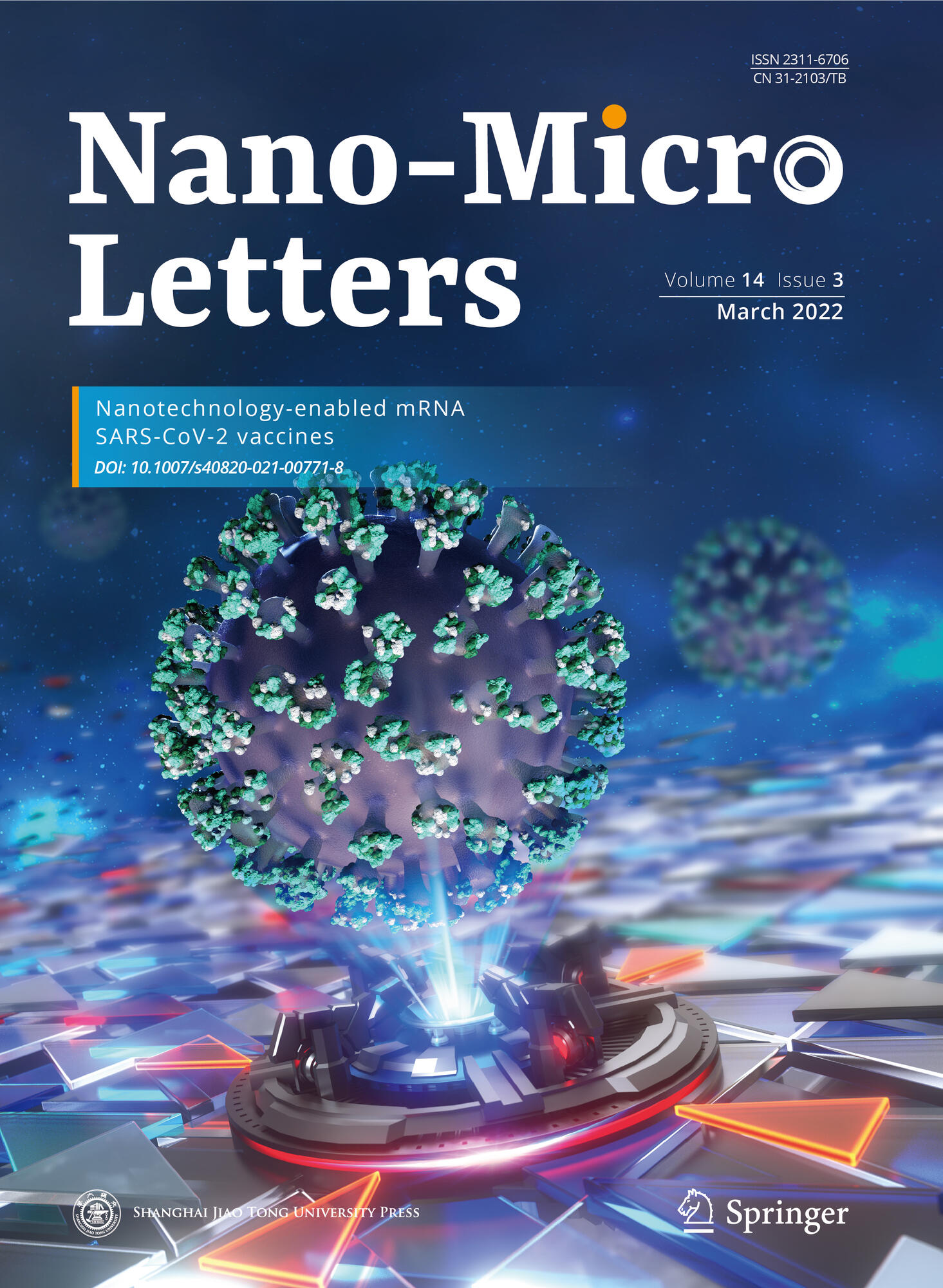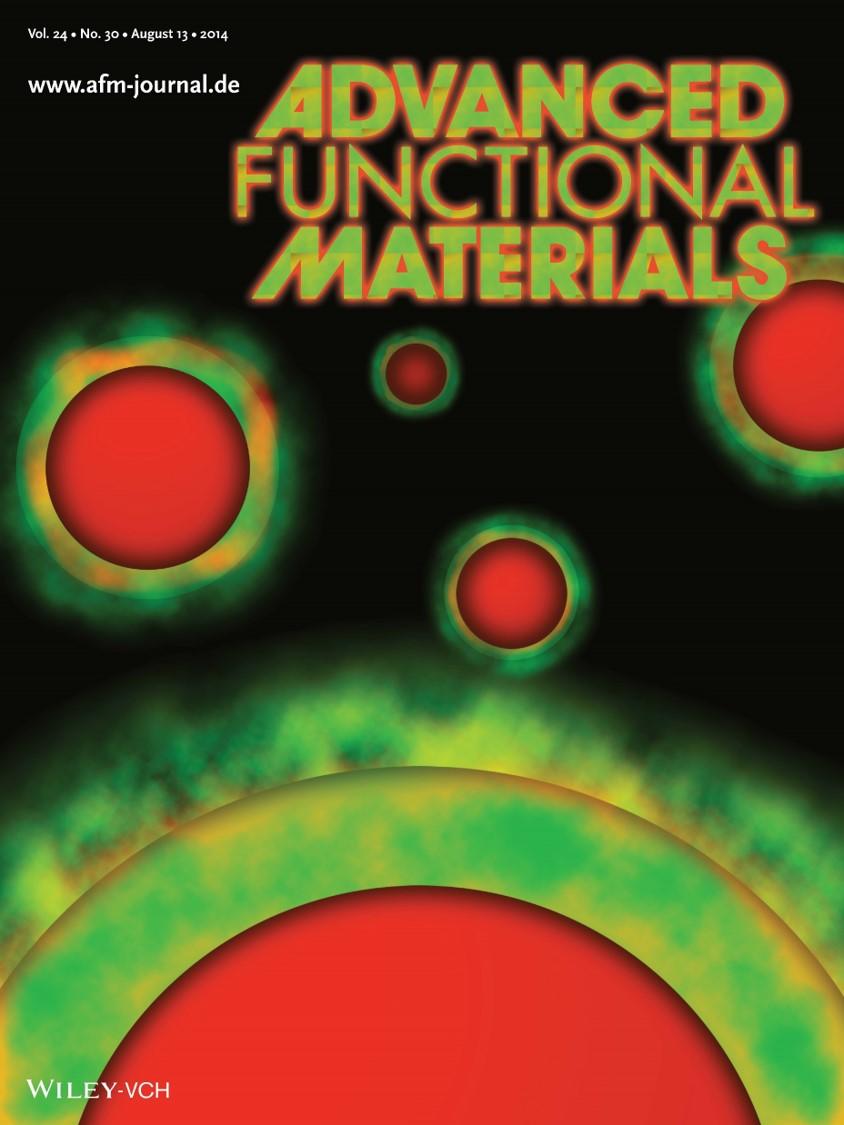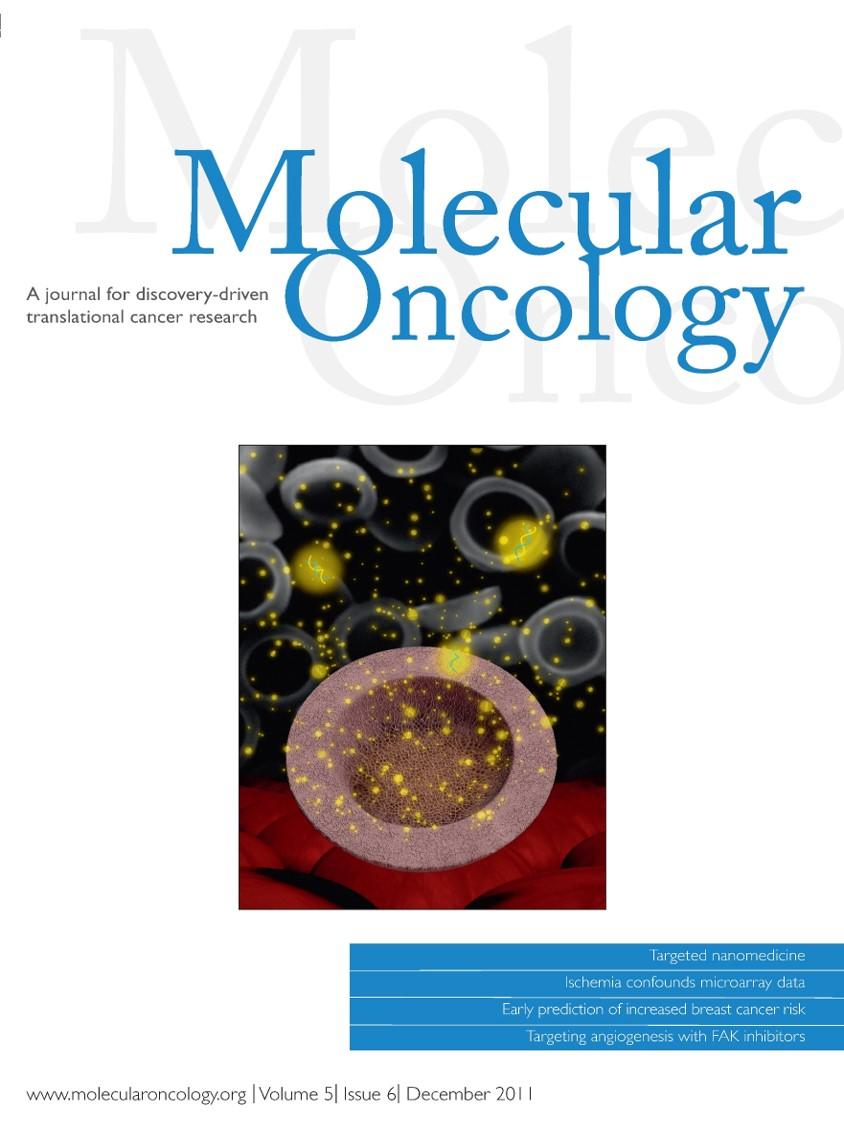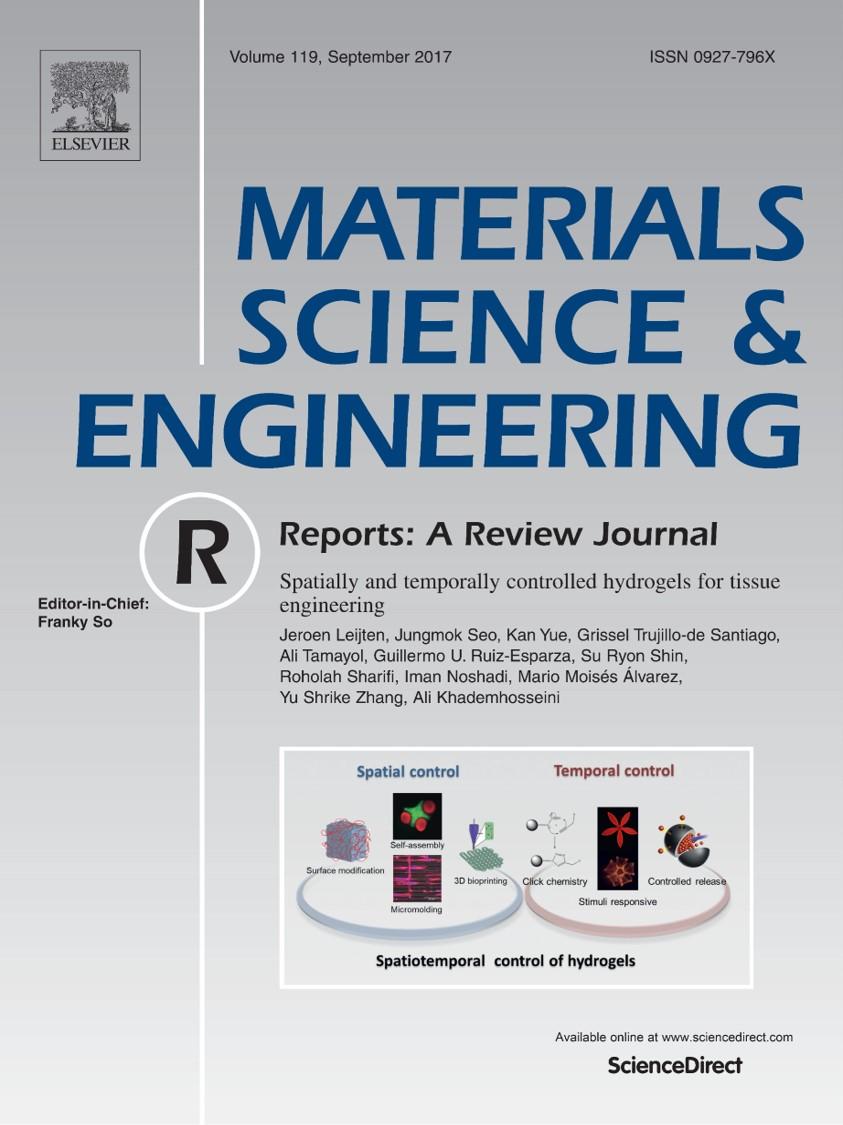Citation:
Wang X, Liu Z, Sandoval-Salaiza D, Afewerki S, Jimenez-Rodriguez MG, Sanchez-Melgar L, Güemes-Aguilar G, Gonzalez-Sanchez DG, Noble O, Lerma C, Parra-Saldivar R, Lemos DR, Llamas-Esperon GA, Shi J, Li L, Lobo AO, Fuentes-Baldemar AA, Bonventre JV, Dong N, and Ruiz-Esparza GU. 6/17/2021. “
Nanostructured Non-Newtonian Drug Delivery Barrier Prevents Postoperative Intrapericardial Adhesions.” ACS Applied Materials & Interfaces.
Link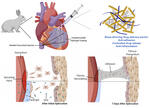
Abstract:
With the increasing volume of cardiovascular surgeries and the rising adoption rate of new methodologies that serve as a bridge to cardiac transplantation and that require multiple surgical interventions, the formation of postoperative intrapericardial adhesions has become a challenging problem that limits future surgical procedures, causes serious complications, and increases medical costs. To prevent this pathology, we developed a nanotechnology-based self-healing drug delivery hydrogel barrier composed of silicate nanodisks and polyethylene glycol with the ability to coat the epicardial surface of the heart without friction and locally deliver dexamethasone, an anti-inflammatory drug. After the fabrication of the hydrogel, mechanical characterization and responses to shear, strain, and recovery were analyzed, confirming its shear-thinning and self-healing properties. This behavior allowed its facile injection (5.75 ± 0.15 to 22.01 ± 0.95 N) and subsequent mechanical recovery. The encapsulation of dexamethasone within the hydrogel system was confirmed by 1H NMR, and controlled release for 5 days was observed. In vitro, limited cellular adhesion to the hydrogel surface was achieved, and its anti-inflammatory properties were confirmed, as downregulation of ICAM-1 and VCAM-1 was observed in TNF-α activated endothelial cells. In vivo, 1 week after administration of the hydrogel to a rabbit model of intrapericardial injury, superior efficacy was observed when compared to a commercial adhesion barrier, as histological and immunohistochemical examination revealed reduced adhesion formation and minimal immune infiltration of CD3+ lymphocytes and CD68+ macrophages, as well as NF-κβ downregulation. We presented a novel nanostructured drug delivery hydrogel system with unique mechanical and biological properties that act synergistically to prevent cellular infiltration while providing local immunomodulation to protect the intrapericardial space after a surgical intervention.
